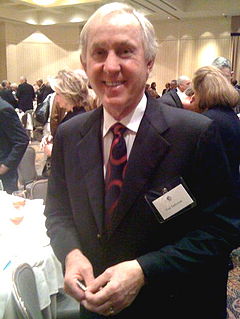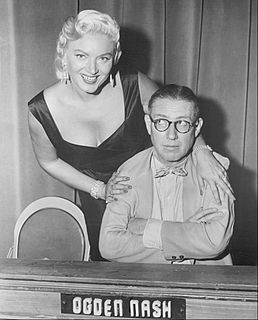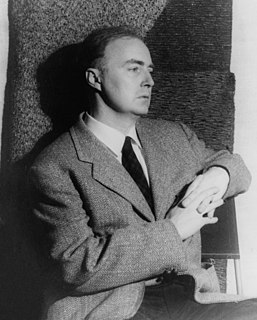A Quote by Eric Metaxas
As an undergrad, I was the editor of the Yale humor magazine, and since then, I've published humor in the 'New York Times' and 'Atlantic,' among other places.
Related Quotes
I can remember the times when I started including humor in novels that were suspenseful. I was told you can't do that because you can't keep the audience in suspense if they're laughing. My attitude was, if the character has a sense of humor, then that makes the character more real because that's how we deal with the vicissitudes of life, we deal with it through humor.
An interesting difference between African-American humor and Jewish humor, in it's kind of basic or maybe most austere type form is, African-American humor, some of it comes out of playing the dozens in which you insult the other person or insult the other person's mother, and so much of Jewish humor is like, you're insulting yourself. It's totally self-deprecating.
As late as the summer of 1941, the Atlantic Monthly, then a still respected magazine for literates and edited by White men, published a long article by Albert Jay Nock, in which he proved that the Jews are an Oriental race that is incompatible with ours. He was not punished and the magazine was not destroyed, strange and almost incredible as that seems today.
About a year after (my stories began being published), magazine editor George Scithers, suggested to me that since I was so new at being published, I must be very close to what I had to learn to move from fooling around with writing to actually producing professional stories. There are a lot of aspiring writers out there who would like to know just that. Write that book.SFWW-I is that book. It's the book I was looking for when I first started writing fiction.


































